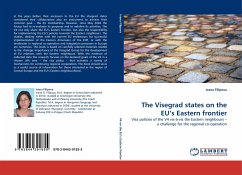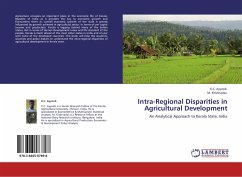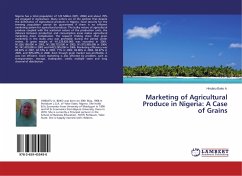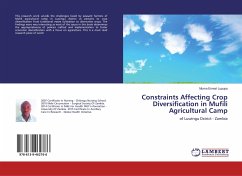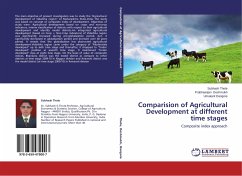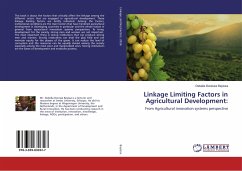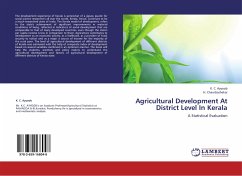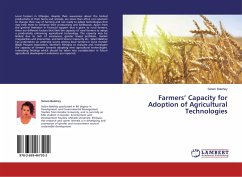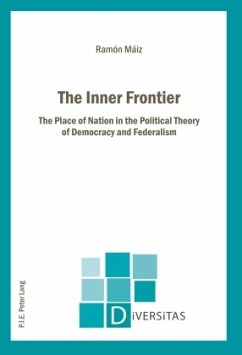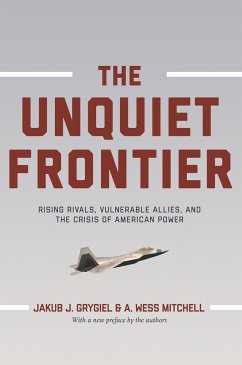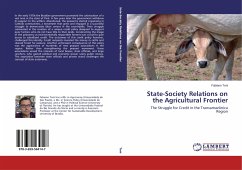
State-Society Relations on the Agricultural Frontier
The Struggle for Credit in the Transamazônica Region
Versandkostenfrei!
Versandfertig in 6-10 Tagen
32,99 €
inkl. MwSt.

PAYBACK Punkte
16 °P sammeln!
In the early 1970s the Brazilian government promoted the colonization of a vast area in the state of Pará. A few years later the government withdrew its support to the settlers. Abandoned, the peasantry started organizing in Catholic communities, a movement that grew and engaged in a successful struggle to democratize labor unions in the countryside. Their struggle culminated in the creation of a unique credit policy designed to support poor farmers who do not have title to their lands. Constructing the image of the peasantry as environmentally responsible farmers was crucial to gain access t...
In the early 1970s the Brazilian government promoted the colonization of a vast area in the state of Pará. A few years later the government withdrew its support to the settlers. Abandoned, the peasantry started organizing in Catholic communities, a movement that grew and engaged in a successful struggle to democratize labor unions in the countryside. Their struggle culminated in the creation of a unique credit policy designed to support poor farmers who do not have title to their lands. Constructing the image of the peasantry as environmentally responsible farmers was crucial to gain access to subsidized credit. The outcomes of this credit policy however, challenged this identity. Credit recipients invested the money in cattle and cleared forest for pasture. Another unforeseen consequence of this policy was the appearance of hundreds of new peasant associations in the region. Rather than strengthening the peasant movement, these associations served the interests of local bosses, state officials, and large ranchers, who gained political and economic power using public money. This association between state officials and private actors challenges the concept of state autonomy.



